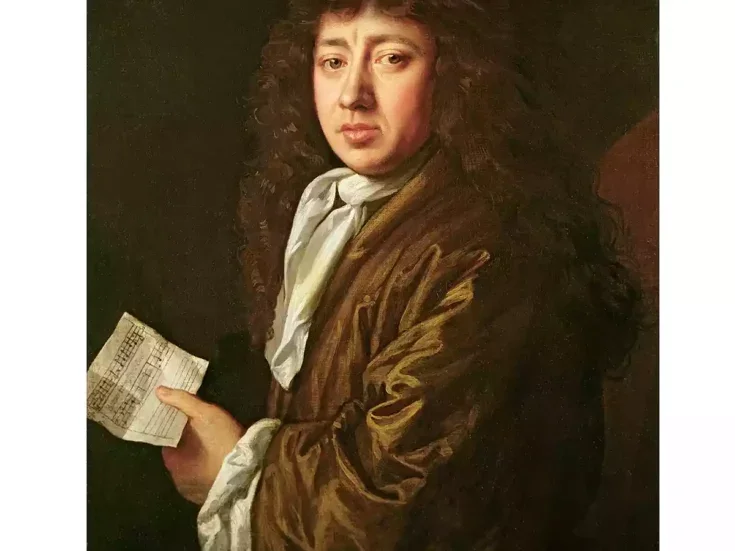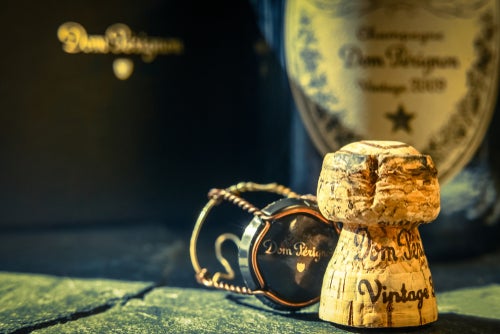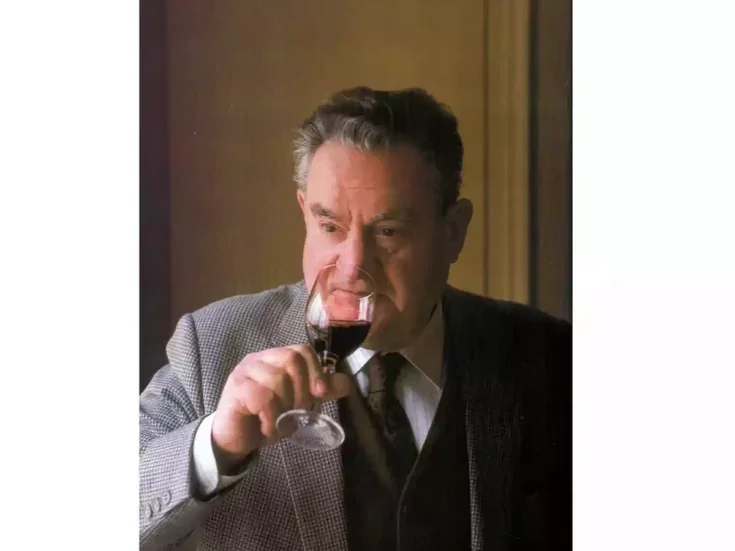 In a packed Carnegie Hall, just two days before New York City recorded its first infections from a virus that would decimate the performing arts, pianist Yuja Wang announced a daring experiment. While she promised to play all 13 works on her program—a dramatically diverse assortment spanning three centuries—she explained that inclination, not the printed list, would determine their order. “I want to let the music surprise me,” she said. “Please experience the concert with all of your senses and an open mind, and enjoy the ride.”1 This was about more than just foiling preconceptions. It was also about the possibilities and pleasures of surprise.
In a packed Carnegie Hall, just two days before New York City recorded its first infections from a virus that would decimate the performing arts, pianist Yuja Wang announced a daring experiment. While she promised to play all 13 works on her program—a dramatically diverse assortment spanning three centuries—she explained that inclination, not the printed list, would determine their order. “I want to let the music surprise me,” she said. “Please experience the concert with all of your senses and an open mind, and enjoy the ride.”1 This was about more than just foiling preconceptions. It was also about the possibilities and pleasures of surprise.
The term “blind tasting” is lamentably freighted by its association with guessing games. But divorced from that context, blind tasting can prove doubly beneficial. Most obviously, it conduces to an organoleptic experience free of prejudice, preconception, or expectations (other than ones that arise within that experience). This might not translate into a clearer or more accurate impression—nor guarantee a more rewarding experience. But willful obliviousness to context alters one’s perspective; and multiple perspectives translate into deeper understanding, awareness, and appreciation—not just of the perceptual object but of oneself. Accumulated background knowledge and associations can no doubt enrich one’s experience of a wine;2 but an attempt, however imperfect, to peel back accreted layers and untangle the web of associations can prove revelatory, even liberating. Insofar as such an exercise in subtraction resembles archeological investigation, it points to a second potential benefit of blind tasting.
Readers of this magazine will harbor vivid and pleasurable memories of life- changing experiences with particular wines. Perhaps these were incidents that first piqued our interest; perhaps occasions for head-shaking that certain flavors could possibly come from—or that the word “fine” could apply to—fermented grape juice. Dwelling on such epiphanies, who has not experienced a desire to somehow recapture the innocence of an earlier time and taste with a sense of wonder such as attended early vinous awakenings? No doubt this is possible only to a very incomplete degree. But blind tasting can assist the attempt. And the effort might not only prove pleasure-enhancing but also yield insights.
Ignorance as opportunity
Consider Auguste Rodin’s proposed precondition for proper study and understanding of Gothic architecture: “The chief thing is to humble one’s self and become a little child.”3 True, he wasn’t recommending a revival of childhood experiences. Indeed, at the outset of his account, Rodin had excused his youthful obliviousness to Notre Dame with the dismissive assertion, “Children do not know how to see.” Rather, the “humbling” he envisioned implied a clearing of the mind, a comportment of wonder, and a sense of discovery that could heighten perception. Inspired by “the most profound listening experience of my life” in a concert that began with meditation and where “[o]ut of the resulting deep communal stillness the music emerged,” critic Corinna da Fonseca-Wollheim began a project she calls “Beginner’s Ear, after the Zen concept of Beginner’s Mind that describes an ideal state of openness to the world.”4 Meditating on a glass of unidentified wine can pay similarly profound dividends.
But can there even be “blind” rediscovery of a long-familiar wine? One might suppose that Wang’s experiment could have little effect on listeners whose experience and expertise enabled them, within a few bars, to identify a given musical selection by composer and name, then draw on a wealth of applicable technical and historical associations. And yet she hadn’t said, “Let the music surprise you.” That admonition went without saying. Rather, as someone who had studied their scores and on countless occasions performed each of her 13 pieces from memory, Wang said, “I want to let the music surprise me.” If that doesn’t represent confidence in the possibility of rediscovery and recaptured wonder, it’s hard to know what would.
If some listeners’ familiarity with the piano repertoire precluded them sharing the surprise for which Wang had sought to prepare them, wouldn’t the same be true for wine experts? Not often, if the frequency with which acknowledged experts are humbled in blind tastings is any guide. Even given time to savor a full glass, and even if its contents turn out to be both long-familiar and canonic, failure to identify doesn’t disqualify one as an expert. It’s much harder to imagine a musical expert sitting through more than a few bars, let alone the entirety of some oft- heard benchmark of classical music, and admitting uncertainty about its identity.
The roots of this apparent discrepancy between standards of expertise in identifying visual or audial aesthetic objects versus vinous ones are worth exploring—but on a future occasion. For now, it suffices to recognize a wide scope of opportunity for blind tasting. Rather than breaking his or her head trying to guess what’s in the glass, a wine expert could do worse than to perceive ignorance as an opportunity. Experience the wine at least partly as if you were a beginner, and enjoy the ride. All of the mental baggage that constitutes your hard-earned expertise will still be there waiting for you when it’s over.
Notes
1. Anthony Tommasini, “Does Knowing What You’re Hearing Matter?” The New York Times, May 20, 2020: nytimes.com/2020/05/20/arts/music/yuja-wang-carnegie.html
2. As argued at length in “Authenticity in Wine,” WFW 12 (2006), pp.74–79.
3. “The Gothic in France,” The North American Review Vol.207, No.746 (January 1918), p.116.
4. beginnersear.com/the-story ▉






